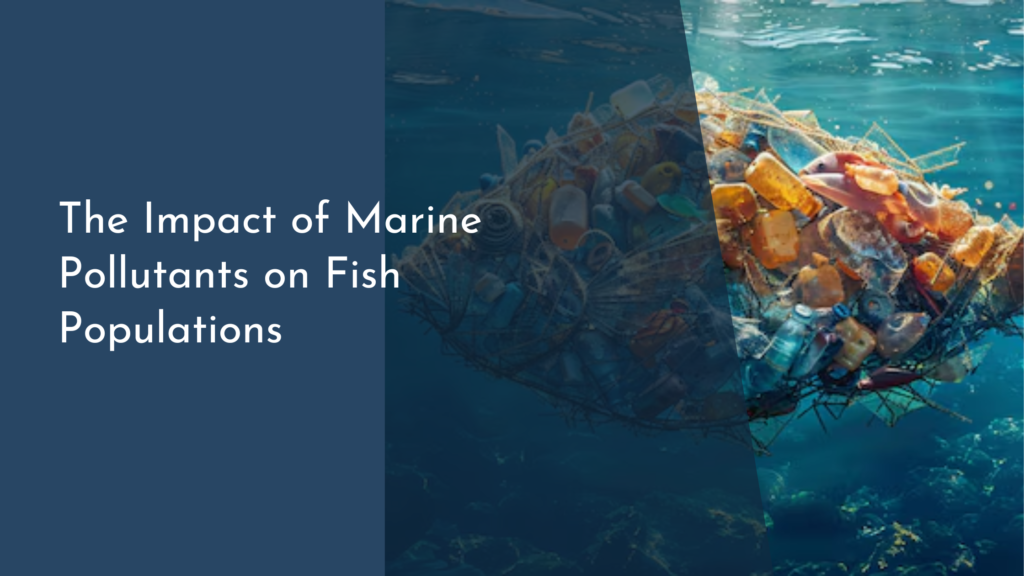Ethical considerations in using wildlife for scientific research
The use of wildlife in scientific research has become an essential avenue for understanding biodiversity, ecosystem dynamics, and the effects of human activities on nature. However, it is crucial to approach such research with a strong ethical framework to ensure the welfare of the animals involved and the integrity of scientific inquiry. This article explores the importance of ethical considerations in wildlife research, the balance required between scientific goals and conservation efforts, best practices for the treatment of research animals, and the path towards sustainable wildlife studies.
Understanding the Importance of Ethical Wildlife Research
Ethical wildlife research is paramount in safeguarding the natural behaviors and habitats of animals. Wildlife is not merely a resource for human understanding; they are sentient beings that play vital roles within their ecosystems. Respecting their well-being is essential to maintain biodiversity and ensure that research findings are valid and applicable to real-world scenarios. When ethical considerations are prioritized, researchers can avoid inflicting unnecessary harm, which can skew results and lead to misinterpretations of animal behavior and ecology.
Moreover, ethical wildlife research fosters public trust and support for scientific endeavors. When communities see that researchers are committed to humane and respectful practices, they are more likely to endorse and engage with scientific studies. This, in turn, can lead to more collaborative conservation efforts, creating a positive feedback loop where both wildlife and the scientific community benefit. Ethical research engenders a sense of responsibility that can inspire more individuals to appreciate and advocate for the protection of wildlife.
Balancing Science and Conservation: A Delicate Dance
The intersection of scientific inquiry and conservation can be a complex landscape to navigate. Researchers often face the challenge of obtaining critical data while minimizing the impact on wildlife populations. This delicate balance requires a clear understanding of both the scientific questions at hand and the broader ecological implications of research activities. Emphasizing non-invasive methods, such as camera traps or remote sensing technologies, can provide valuable insights while preserving the integrity of wildlife populations.
Additionally, collaboration with conservation organizations is essential to ensure that research efforts align with the goals of protecting species and habitats. By integrating conservation objectives into research design, scientists can contribute to the broader mission of wildlife protection. This synergy allows for the development of studies that not only advance scientific knowledge but also promote conservation and environmental sustainability, highlighting the harmony achievable when science and conservation work hand in hand.
Best Practices for Ethical Treatment of Research Animals
Implementing best practices for the ethical treatment of research animals is a fundamental component of wildlife studies. Researchers should adhere to established guidelines and regulations that govern the treatment of wildlife, ensuring that studies are designed to minimize distress and disruption. This involves proper training for researchers in handling and caring for wildlife, as well as conducting thorough impact assessments prior to initiating studies. Such measures help to maintain the well-being of the animals and the reliability of the research findings.
In addition to following regulations, researchers should be transparent about their methods and findings. Engaging with the public through outreach and education can demystify wildlife research and foster a sense of shared responsibility for animal welfare. By promoting transparency and accountability, researchers can build stronger connections with communities, encouraging an ethical approach to wildlife research that resonates with the values of society.
Promoting Sustainability: The Future of Wildlife Studies
The future of wildlife studies lies in promoting sustainability, ensuring that research efforts contribute positively to the environment. With the growing challenges posed by climate change, habitat loss, and human-wildlife conflict, it is imperative that wildlife research not only seeks to understand these issues but also strives to address them. By prioritizing sustainable practices, researchers can develop innovative solutions that benefit both wildlife and ecosystems while advancing scientific knowledge.
Adopting a multidisciplinary approach is key to achieving sustainability in wildlife research. Collaborating with experts across fields—such as ecology, sociology, and environmental policy—can provide a more holistic understanding of the challenges facing wildlife. This integrative perspective encourages the development of actionable strategies that support both scientific advancement and conservation efforts, ultimately fostering a thriving relationship between humans and wildlife for generations to come.
In conclusion, the ethical considerations in using wildlife for scientific research are paramount to preserving biodiversity, fostering public trust, and ensuring the success of conservation efforts. By balancing scientific inquiry with compassion for wildlife, adhering to best practices, and promoting sustainability, researchers can navigate the complexities of wildlife studies while contributing to the greater good. As we move forward, embracing these ethical principles will empower scientists to unlock the mysteries of the natural world without compromising the welfare of its inhabitants. Together, let’s celebrate the harmony between science and nature!


